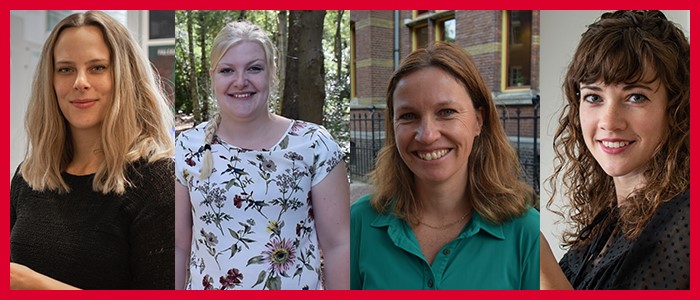Klokhuis prize nominations: spiders, wolves, children and 2000 year old chefs
Every year the television program Het Klokhuis organizes a science prize for universities. This year, the RUG has submitted four studies that are appealing to children.
Marjolein Admiraal is an archaeologist and researches what people ate in Alaska 2,000 years ago. Using a new technique, she examines the fats that were drawn into the earthenware cooking pots at the time. For example, she discovered remains of fish, whales, walruses and seals.
Annelies van Ginkel investigates how the Dutch forest will change when wolves come to live there. Deer appear to eat far fewer saplings in dangerous places in the middle of wolves' territory. So the forest grows much better and more varied there.
Elianne Zijlstra visits asylum seekers' centers to talk to children who have fled to the Netherlands. What are they satisfied with and what could be better?
Finally, Rachel de Jong is a psychologist at the Durfpoli, where children with a phobia learn to dare to step up. De Jong investigates how this step-by-step method works best.
This Friday, the Klokhuis will announce the 10 national nominations. Curious what the scientists themselves say about their research? Then view our videos on YouTube!

| Last modified: | 19 January 2023 10.16 a.m. |
More news
-
24 March 2025
UG 28th in World's Most International Universities 2025 rankings
The University of Groningen has been ranked 28th in the World's Most International Universities 2025 by Times Higher Education. With this, the UG leaves behind institutions such as MIT and Harvard. The 28th place marks an increase of five places: in...
-
05 March 2025
Women in Science
The UG celebrates International Women’s Day with a special photo series: Women in Science.
-
16 December 2024
Jouke de Vries: ‘The University will have to be flexible’
2024 was a festive year for the University of Groningen. In this podcast, Jouke de Vries, the chair of the Executive Board, looks back.
